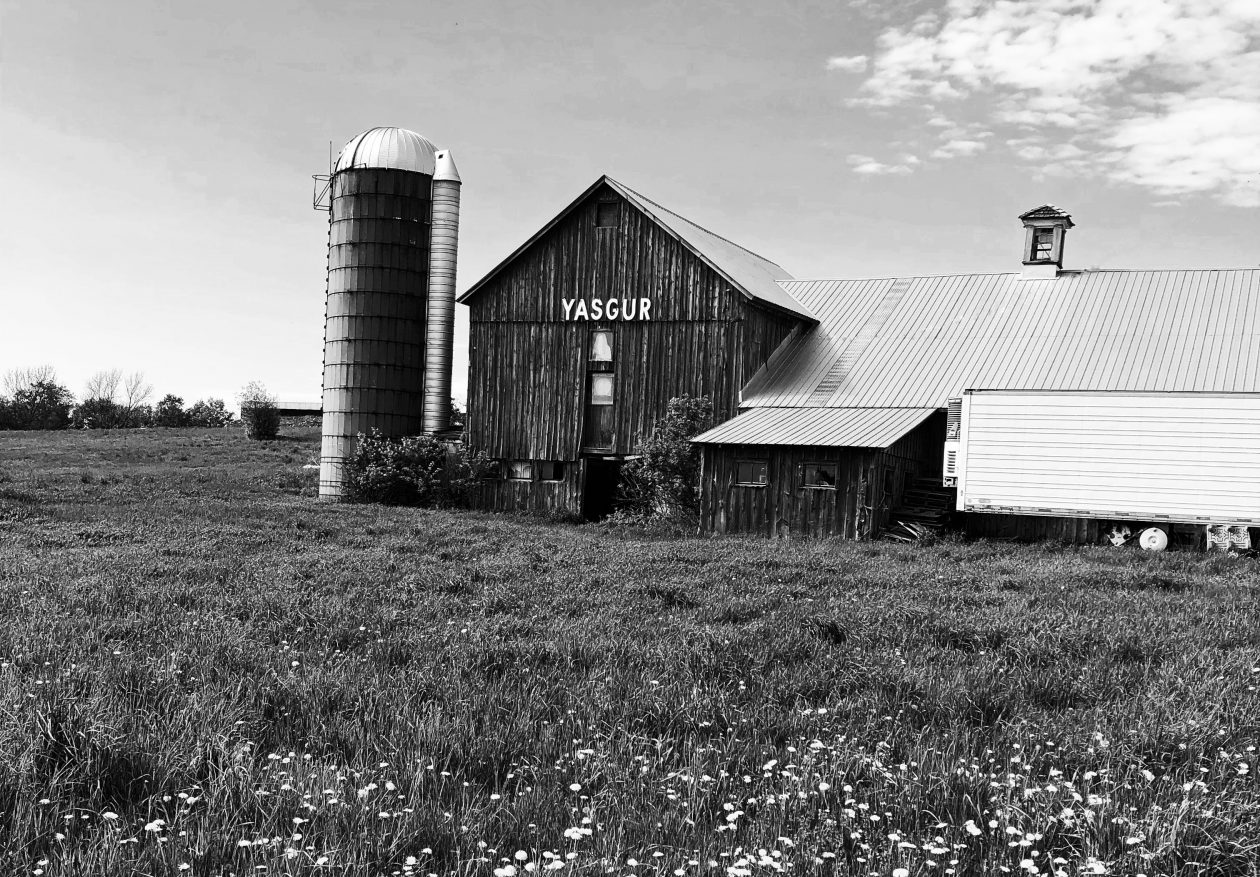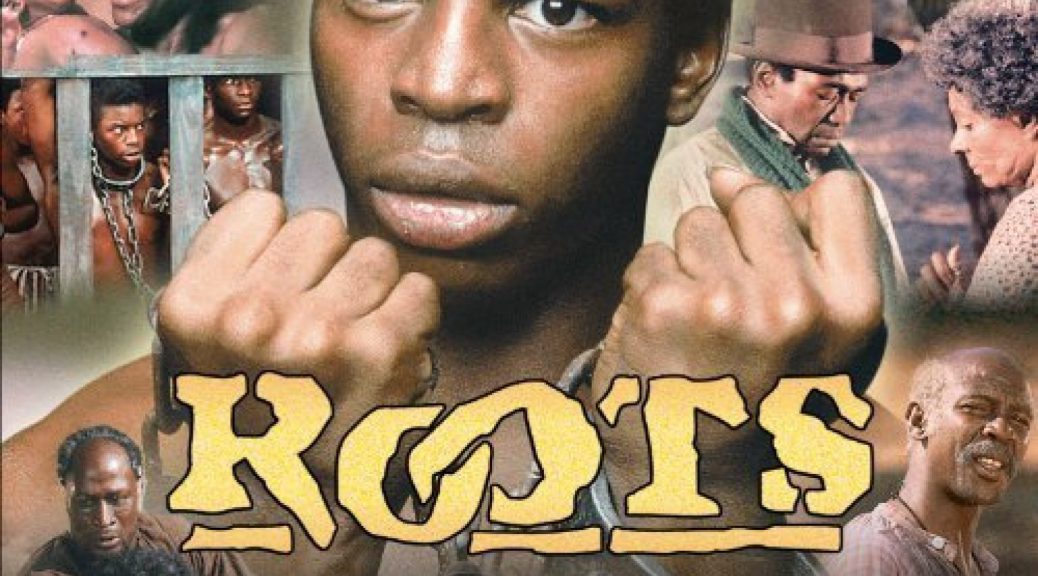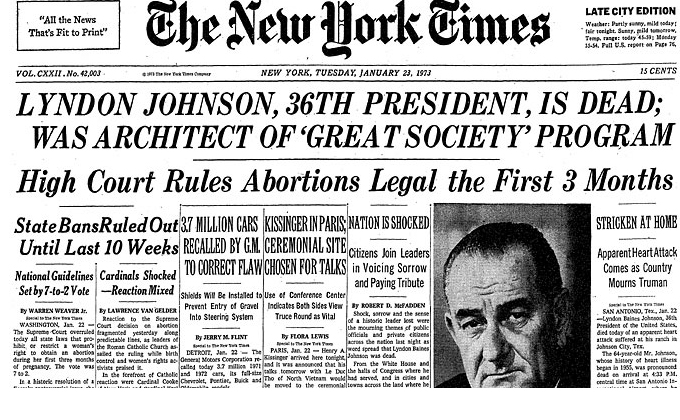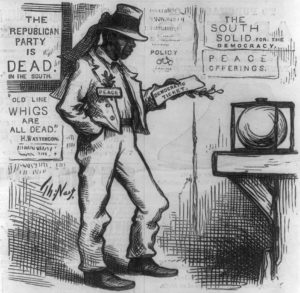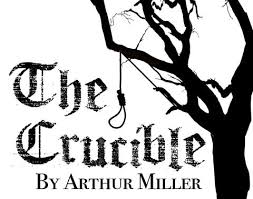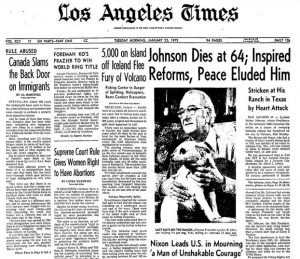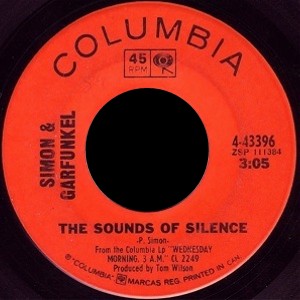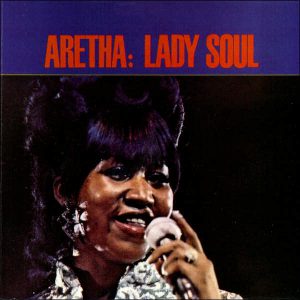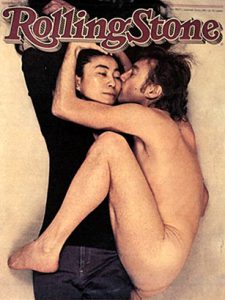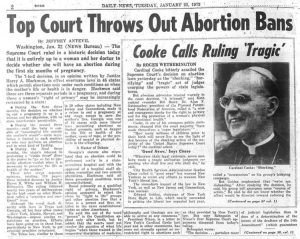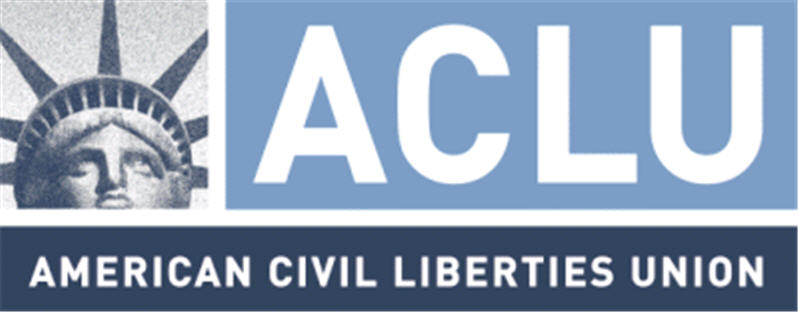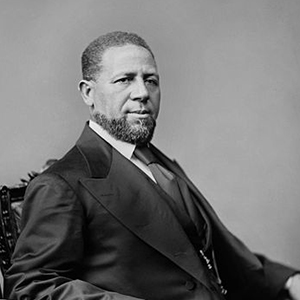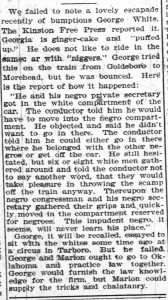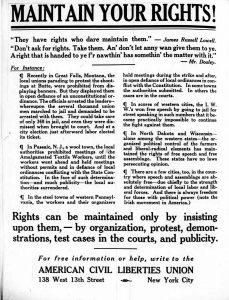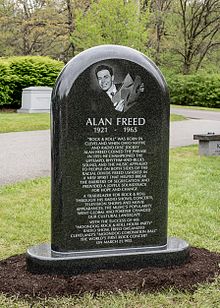January 23 Peace Love Art Activism
Feminism
Elizabeth Blackwell
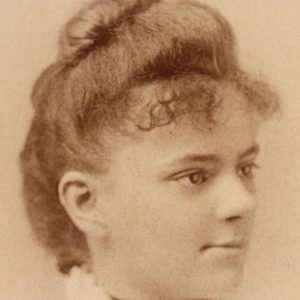 January 23, 1849: Geneva College in New York granted a medical degree to Elizabeth Blackwell. She became the first female officially recognized as a physician in U.S. history. (see June 21, 1851)
January 23, 1849: Geneva College in New York granted a medical degree to Elizabeth Blackwell. She became the first female officially recognized as a physician in U.S. history. (see June 21, 1851)
Madeleine Korbel Albright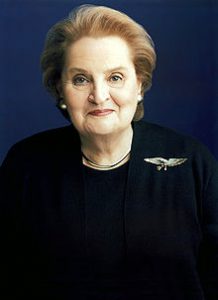
January 23, 1997: born in what was then Czechoslova, American diplomat Madeleine Korbel Albright was sworn in as the first female U.S. Secretary of State. With this appointment, she became the highest-ranking woman in the United States government. (next Feminism see June 21, 1997)
Women in combat
January 23, 2013: Defense Secretary Leon E. Panetta lifted the military’s ban on women in combat, which opened up hundreds of thousands of additional front-line jobs to them. (see Feb 2)
January 23 Peace Love Art Activism
Native Americans
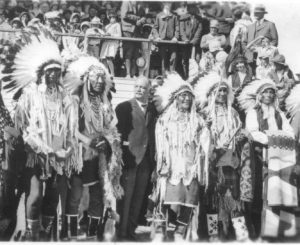 January 23, 1907: Charles Curtis, of Kansas, began serving in the US Senate. He was the first American Indian to become a U.S. Senator. He resigned in March of 1929 to become U.S. President Herbert Hoover’s Vice President. (see January 29, 1908)
January 23, 1907: Charles Curtis, of Kansas, began serving in the US Senate. He was the first American Indian to become a U.S. Senator. He resigned in March of 1929 to become U.S. President Herbert Hoover’s Vice President. (see January 29, 1908)
January 23 Peace Love Art Activism
US Labor History
Silk Weavers strike
January 23, 1913: approximately 800 broad-silk weavers at the Doherty Company mill in Paterson, New Jersey leave work. Within a month, between 4,000 and 5,000 silk workers join them in protest of the introduction of the multiple-loom system, leading to a drop in wages, and the Paterson Silk Strike begins.
Clothing Workers Strike
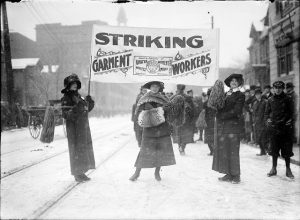 January 23, 1913: some 10,000 clothing workers strike in Rochester, N.Y., for the 8-hour day, a 10-percent wage increase, union recognition, and extra pay for overtime and holidays. Daily parades were held throughout the clothing district and there was at least one instance of mounted police charging the crowd of strikers and arresting 25 picketers. Six people were wounded over the course of the strike and one worker, 18-year-old Ida Breiman, was shot to death by a sweatshop contractor. The strike was called off in April after manufacturers agreed not to discriminate against workers for joining a union. (see Feb 10)
January 23, 1913: some 10,000 clothing workers strike in Rochester, N.Y., for the 8-hour day, a 10-percent wage increase, union recognition, and extra pay for overtime and holidays. Daily parades were held throughout the clothing district and there was at least one instance of mounted police charging the crowd of strikers and arresting 25 picketers. Six people were wounded over the course of the strike and one worker, 18-year-old Ida Breiman, was shot to death by a sweatshop contractor. The strike was called off in April after manufacturers agreed not to discriminate against workers for joining a union. (see Feb 10)
January 23 Peace Love Art Activism
BLACK HISTORY
Marcus Garvey
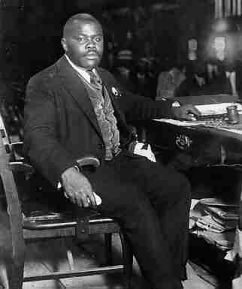 January 23, 1920: Marcus Garvey incorporated the Negro Factories Corporation. It was the finance arm of the Universal Negro Improvement Association and a cornerstone of Garvey’s vision for black economic independence. The Corporation’s goal was to support businesses that would employ African Americans and produce goods to sell to black consumers. Garvey envisioned a string of black-owned factories, retailers, services and other businesses, and hoped that the corporation would eventually be strong enough to power and sustain an all-black economy with worldwide significance. (BH, see June 7; see MG for expanded chronology)
January 23, 1920: Marcus Garvey incorporated the Negro Factories Corporation. It was the finance arm of the Universal Negro Improvement Association and a cornerstone of Garvey’s vision for black economic independence. The Corporation’s goal was to support businesses that would employ African Americans and produce goods to sell to black consumers. Garvey envisioned a string of black-owned factories, retailers, services and other businesses, and hoped that the corporation would eventually be strong enough to power and sustain an all-black economy with worldwide significance. (BH, see June 7; see MG for expanded chronology)
Hawood Patterson
January 23, 1936: Haywood Patterson convicted for a fourth time of rape and sentenced to 75 years in prison. This was the first time in Alabama history a black man was sentenced to anything other than death for the rape of a white woman. (NYT article) (see Scottsboro for expanded story)
The tragedy of Willie Edwards Jr.
January 23, 1957: just before midnight on January 23, 1957, four Klansmen forced Willie Edwards Jr. to jump to his death from the Tyler Goodwin Bridge near Montgomery, Alabama. Mr. Edwards, a black resident of Montgomery, was driving back from his first assignment as a deliveryman for a Winn-Dixie grocery store when he stopped for a soft drink. As he read his log book under the console light in his truck, four armed white men approached the vehicle, forced Mr. Edwards to exit the truck at gunpoint, and ordered him to get into their car.
Accusing Mr. Edwards of “offending a white woman,” the men proceeded to shove and slap him as they drove. One man pointed his gun at Mr. Edwards and threatened to castrate him. Sobbing and begging the men not to harm him, Mr. Edwards repeatedly denied having said anything to any white woman. Eventually the men reached the bridge and ordered Mr. Edwards out of the car. Ordered to “hit the water” or be shot, Mr. Edwards climbed the railing of the bridge and fell 125 feet to his death.
The next morning, Mr. Edwards’s truck was found in the store parking lot, the console light still on. Mr. Edwards’ pregnant twenty-three-year-old wife, Sarah Salter, was left to raise their two young daughters. Initially hopeful that her husband may have left for California, where he had always wanted to go, Mrs. Salters learned three months later that her husband was dead when two fisherman found his decomposed body in April 1957.
Nearly twenty years later, in 1976, Attorney General Bill Baxley prosecuted three known Klansmen for Mr. Edwards’s murder, after a fourth man confessed in exchange for immunity. After the indictments were quashed twice for failure to specify a cause of death, the FBI informed Baxley that one of the men charged, Henry Alexander, was their primary Klan informant in the area and asked Baxley to give him “some consideration.” Alexander had been indicted for four church bombings, the bombings of two homes, and the assault of a black woman riding on a bus but he was never prosecuted. Baxley abandoned their case against the men and all charges were dropped.
Not until 1993, when Alexander confessed to his wife on his deathbed that he and three other Klansmen were responsible for “the truck driver’s” death, did the truth of Mr. Edwards’ last moments come to light. Alexander told his wife, “That man never hurt anybody. I was just running my mouth. I caused it.” In 1997, the Alabama Department of Vital Statistics changed Mr. Edwards’s cause of death from “unknown” to “homicide.”
A 1999 Montgomery County grand jury declined to indict any of the surviving suspects for the murder of Willie Edwards Jr. [see WE, Jr for expanded story] (see Feb 14)
Voting Rights
January 23, 1964: thirteen years after its proposal and nearly 2 years after its passage by the US Senate, the 24th Amendment to the United States Constitution, prohibiting the use of poll taxes in national elections, was ratified. (see Feb 17)
FREE SPEECH
January 23, 1964: a group protested racial voting discrimination and encouraged Negro registration by picketing the Forrest County, Mississippi, voting registration office in the county courthouse each weekday from January 23 to May 18, 1964. They walked in a “march route” set off by the sheriff with barricades to facilitate access to the courthouse. (see Mar 9)
Harlem Revolt
January 23, 1968: the Supreme Court refused to hear the appeal of William Epton, the leader of the Harlem Progressive Labor Movement, who was convicted of encouraging rioting in Harlem in July, 1964. (BH, see Feb 8; RR, see Feb 29; Harlem Riot, see Apr 25)
Clarence Norris
January 23, 1989: Clarence Norris, the last surviving Scottsboro boy, died at age 76. (see Scottsboro for expanded story)
Colin Kaepernick
January 23, 2018: Colin Kaepernick was named a finalist for an award honoring players for their community service work.
Kaepernick and four other players were announced as finalists for the NFL Players Association’s (NFLPA) Byron “Whizzer” White Community MVP award. (see Apr 21)
January 23 Peace Love Art Activism
Cultural Milestones
Wham-O
 January 23, 1957: machines at the Wham-O toy company rolled out the first batch of their aerodynamic plastic discs–Frisbees. (see May 1)
January 23, 1957: machines at the Wham-O toy company rolled out the first batch of their aerodynamic plastic discs–Frisbees. (see May 1)
Roots mini-series
January 23, 1977: the TV mini-series “Roots,” based on the Alex Haley novel, began airing on ABC. . (see September 7, 1979)
January 23 Peace Love Art Activism
January 23 Music et al
Roots of Rock
January 23, 1959: the Winter Dance Party tour, featuring Buddy Holly , Ritchie Valens, The Big Bopper and Dion and the Belmonts, played its first date at Milwaukee’s Million Dollar Ballroom. It would become the most famous tour in the history of Rock and Roll, but would only last for 10 shows with the original lineup. (see Feb 3)
Wonderland by Night
 January 23 – February 12, 1961: Bert Kaempfert’s Wonderland by Night is Billboard #1 album.
January 23 – February 12, 1961: Bert Kaempfert’s Wonderland by Night is Billboard #1 album.
Janis Joplin and the Road to Bethel
January 23, 1963: Janis Joplin, a 20-year-old college dropout from Port Arthur, TX began hitchhiking to San Francisco in order to become a singer, along with her friend Chet Helms. Chet would become one of the major concert promoters in San Francisco with his “Family Dog” series of concerts. (see Janis Joplin for more) . (see June 13, 1967)
Downtown
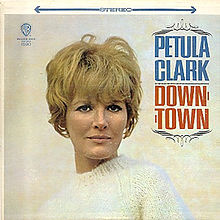 January 23 – February 5, 1965: “Downtown” by Petula Clark #1 on the Billboard Hot 100.
January 23 – February 5, 1965: “Downtown” by Petula Clark #1 on the Billboard Hot 100.
Crawdaddy
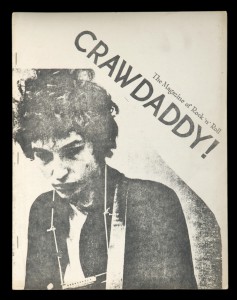
January 23 – February 7, 1966: first issue of Crawdaddy! magazine: You are looking at the first issue of a magazine of rock and roll criticism. Crawdaddy! will feature neither pin-ups nor news-briefs; the specialty of this magazine is intelligent writing about pop music….” see Paul Williams Crawdaddy for more) (see October 18, 1967)
Ken Kesey/LSD
January 23, 1966: Ken Kesey fakes suicide and flees to Mexico to avoid imprisonment. (see Jan 29)
First R & R Hall of Fame inductions
January 23, 1986: the first annual induction ceremony for the Rock and Roll Hall of Fame was held in New York City. Inductees were:
|
|
(see May 5)
January 23 Peace Love Art Activism
Environmental Issues
Ruptured storage tank
January 23, 1963: in Mankata Minnesota a storage tank ruptured and spilled three million gallons of soybean oil and flooded streets. The oil eventually flowed into the Mississippi River. In the spring, more than 10,000 ducks were found dead in the wetlands along the river. (see Dec 17)
Wetlands protections removed
January 23, 2020: the Trump administration finalized a rule to strip away environmental protections for streams, wetlands and other water bodies, handing a victory to farmers, fossil fuel producers and real estate developers who said Obama-era rules had shackled them with onerous and unnecessary burdens.
From Day 1 of his administration, President Trump vowed to repeal President Barack Obama’s “Waters of the United States” regulation, which had frustrated rural landowners. His new rule was the latest step in the Trump administration’s push to repeal or weaken nearly 100 environmental rules and laws, loosening or eliminating rules on climate change, clean air, chemical pollution, coal mining, oil drilling and endangered species protections. [NYT article] (next EI, see Feb 6)
January 23 Peace Love Art Activism
FREE SPEECH
January 23, 1967: in Keyishian v. Board of Regents the US Supreme Court ruled unconstitutional a New York State law that prohibited members of “seditious” groups from teaching in the state. The Court held that academic freedom “does not tolerate laws that cast a pall of orthodoxy over the classroom.” The law required an answer to the question: “Have you ever advised or taught or were you ever a member of any society or group of persons which taught or advocated the doctrine that the Government of the United States or of any political subdivisions thereof should be overthrown or overturned by force, violence or any unlawful means?” Sedition is generally defined to mean actions or direct incitement to challenge the established order and/or to advocate the overthrow of the government. (NYT article) (CW, see Feb 15; FS, see May 8)
January 23 Peace Love Art Activism
Vietnam
January 23 1973: Nixon announced that Henry A. Kissinger and North Vietnam’s chief negotiator, Le Duc Tho, had initialed an agreement in Paris “to end the war and bring peace with honor in Vietnam and Southeast Asia.” (see Jan 27)
January 23 Peace Love Art Activism
CLINTON IMPEACHMENT
Clinton claims innocence
January 23, 1998: President Clinton assured his Cabinet of his innocence. Judge Susan Webber Wright put off “indefinitely” a deposition Lewinsky was scheduled to give in the Jones lawsuit. Clinton’s personal secretary, Betty Currie, and other aides were subpoenaed to appear before a federal grand jury. Lewinsky’s lawyar, William Ginsburg, said whe was being “squeezed” by Starr and was now a target of the Whitewater investigation.
Monica Lewinsky
January 23, 1999: a judge ordered Monica Lewinsky to cooperate with House prosecutors; Lewinsky returns to Washington, D.C., from California. (see Clinton for expanded story)
January 23 Peace Love Art Activism
TERRORISM
January 23, 2002: John Walker Lindh returned to the U.S. under FBI custody. Lindh was charged with conspiring to kill U.S. citizens, providing support to terrorists and engaging in prohibited transactions with the Taliban while a member of the al-Quaida terrorist organization in Afghanistan. (T, see Feb 21; JWL, see July 15)
Shannon Conley
January 23, 2015: Judge Raymond Moore sentenced 19-year-old Shannon Conley to four years in prison. She had tried to go to Syria to help Islamic State militants. Conley pleaded guilty to one count of conspiracy to provide material support to a foreign terrorist organization in September under a deal that requires her to divulge information she may have about other Americans with similar intentions. Wearing a black and tan headscarf with her jail uniform, she tearfully told the judge that she had disavowed jihad and that the people who influenced her misconstrued the Quran. (NYT article) (see Feb 6)
January 23 Peace Love Art Activism
LGBTQ
Virginia ban on same-sex marriage
January 23, 2014: Virginia Attorney General Mark Herring concluded that the state’s ban on gay marriage was unconstitutional and would no longer defend it in federal lawsuits. Virginia would instead side with the plaintiffs who were seeking to have the ban struck down. “After a thorough legal review of the matter, Attorney General Herring… concluded that Virginia’s current ban… in violation of the U.S. constitution and he will not defend it,” spokesman wrote. [NYT article] (see Jan 30)
Alabama’s ban on same-sex marriage
January 23, 2015: U.S. District Judge Callie V.S. Granade ruled that Alabama’s ban on same-sex marriage was unconstitutional. Granade, ruled that Alabama’s constitutional amendment banning gay marriage, known as the Sanctity of Marriage Amendment, violated the 14th Amendment’s due process and equal protection clauses.
“If anything, Alabama’s prohibition of same-sex marriage detracts from its goal of promoting optimal environments for children,” Granade writes. “Those children currently being raised by same-sex parents in Alabama are just as worthy of protection and recognition by the State as are the children being raised by opposite-sex parents. Yet Alabama’s Sanctity laws harms the children of same-sex couples for the same reasons that the Supreme Court found that the Defense of Marriage Act harmed the children of same-sex couples.” The suit was brought against the state by two women, Cari Searcy and Kimberly McKeand, who had traveled out of state to get married in order to become the legal parents of their son. [NYT article] (see Feb 3 or see December 13, 2022 re DoMA)
January 23 Peace Love Art Activism
DEATH PENALTY
January 23, 2015: the US Supreme Court agreed to review Oklahoma’s method of execution by lethal injection, taking up a case brought by Richard Glossip, John Grant and Benjamin Cole, three death row inmates, who accused the state of violating the U.S. Constitution’s ban on cruel and unusual punishment. The three-drug process used by Oklahoma prison officials for carrying out the death penalty had been widely debated since the April 29, 2014 botched execution of inmate Clayton Lockett, a convicted murder. He was seen twisting on the gurney after death chamber staff failed to place the IV properly. The inmates challenging the state’s procedures argued that the sedative used by Oklahoma, midazolam, cannot achieve the level of unconsciousness required for surgery and was therefore unsuitable for executions.
Glossip, Grant, and Cole want the court to decide whether its decision in Baze v. Rees (see April 16, 2008) in which the justices upheld the three-drug execution protocol used by Kentucky applied to Oklahoma’s procedures. Lawyers for the inmates said that the Oklahoma protocol was different, so the reasoning of the 2008 ruling should not apply. (see Jan 28)
January 23 Peace Love Art Activism
Women’s Health
January 23, 2017: President Donald Trump signed off on the first anti-abortion policy of his term.
It was expected as almost immediately upon entering office, every new administration since 1984 had repealed or reinstated, according to its party’s position on abortion rights, a rule that prohibited foreign organizations that received U.S. family-planning funds “from providing counseling or referrals for abortion or advocating for access to abortion services in their country.” This rule, known as the Mexico City policy, blocks U.S. family-planning assistance to these groups, even if their abortion-related activities—including information, referrals, or services—were conducted with non-U.S. funds.
Opponents to the restriction dubbed it the “Global Gag Rule” because it hindered communication between health-care providers and patients. (NYT article) (see Jan 27)
January 23 Peace Love Art Activism
Cannabis
January 23, 2018: NJ Governor Phil Murphy signed an Executive Order directing the New Jersey Department of Health and the Board of Medical Examiners to review the state’s existing medical marijuana program. The goal of the review was to eliminate barriers to access for patients who suffer from illnesses that could be treated with medical marijuana.
“We need to treat our residents with compassion,” Governor Murphy said. “We cannot turn a deaf ear to our veterans, the families of children facing terminal illness, or to any of the other countless New Jerseyans who only wish to be treated like people, and not criminals. And, doctors deserve the ability to provide their patients with access to medical marijuana free of stigmatization.” [text of order] (next Cannabis see Jan 31) or see CCC for expanded chronology)
January 23 Peace Love Art Activism
Immigration History
Block pregnant women
January 23, 2020: the State Department gave visa officers more power to block pregnant women abroad from visiting the United States and directed them to stop “birth tourism” — trips designed to obtain citizenship for their children.
The administration used the new rule to push consular officers abroad to reject women they believe were entering the United States specifically to gain citizenship for their child by giving birth. The visas covered by the new rule were issued to those seeking to visit for pleasure, medical treatment or to see friends and family. [NYT article] (next IH, see Jan 27)
Birthright
January 23, 202: U.S. District Judge John C. Coughenour issued a ruling temporarily blocking President Trump’s executive order that aimed to end birthright citizenship for children born to migrants in the U.S. temporarily or without legal status.
Coughenour interrupted the attorney for the Justice Department, Brett Schumate, to tell him how unconstitutional he thought the administration’s order was.
“I’ve been on the bench for four decades, I can’t remember another case where the question presented is as clear as this one is,” Coughenour said, describing Trump’s order as “blatantly unconstitutional.”
“There are other times in world history where we look back and people of goodwill can say, ‘Where were the judges? Where were the lawyers?’ ” the judge said, according to KUOW News. [NPR article] (next IH, see June 9, 2025)
January 23 Peace Love Art Activism
Trump Impeachment
January 23, 2020: House Democrats sought to pre-emptively dismantle President Trump’s core defenses in his impeachment trial, invoking his own words to argue that his pressure campaign on Ukraine was an abuse of power that warranted his removal.
On the second day of arguments Democrats sought to make the case that Trump’s actions were an affront to the Constitution. And they worked to disprove his lawyers’ claims that he was acting only in the nation’s interests when he sought to enlist Ukraine to investigate political rivals. [NYT article] (next TI see Jan 24 or see Trump for expanded chronology)
